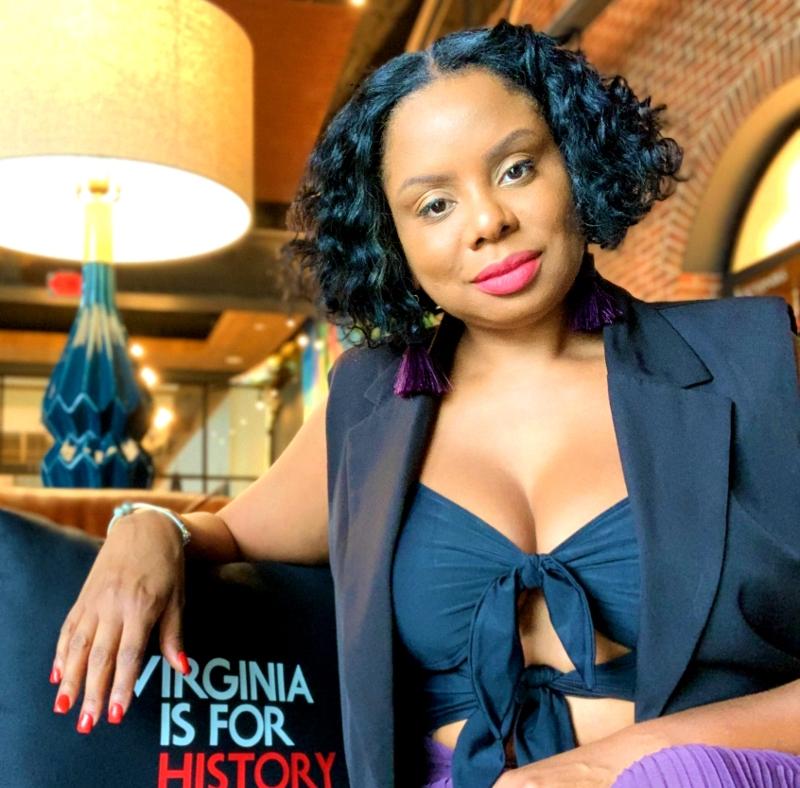Upgrade Or Exit: Do Elder Millennials Quiet Quit — Or Quiet Evolve?

As a young millennial in the early 2000s, quiet quitting never crossed my mind. My peers and I were raised on hustle culture and that just-grind-it-out mindset to get ahead. And it worked. I went from the copy desk cave to the associate managing editor office, hosting events, handling budgets and leading talent. I’d land at three major multinational publishers in a top market by 30.
Back then, I used to side-eye the veteran print editors who’d grimace and protest when asked to add online stories to their already overextended workload. Relentlessly climbing the career ladder in a fast-paced publishing world shifting from print to digital domination required late nights and extra work. It was all about progress, output, purpose, and power suits. (OK, maybe just a blazer over leggings).
But now, I get it. I’m no longer into that grueling approach to success. I simply don’t see the value in the return on investment anymore, especially when working smarter versus harder is better for my mental and physical health. Mid-career hits different.

With more candles in the birthday cake, how do we older millennials continue to grow when work’s demands and shifting cultures no longer match what drives us?
For those of us ages 30 and up: Do we keep pushing ourselves, constantly juggling expectations, fewer resources, and curveballs just to stay afloat, or do we quietly ride off into the sunset with no pensions and 401K pocket change— our souls crushed after spending two decades climbing ladders and hitting glass, paper and concrete ceilings.
Millennial Women Choosing Career Evolution, Decline Or Apathy
Older millennials are feeling squeezed and it’s not due to the lack of talent or desire to do well. Research has found that 38% of 35- to 44-year-olds left work due to “lack of career growth,” 66% of millennials are facing “moderate to high” burnout, and 50% of millennial moms have considered exiting the workforce because of feeling forced out due to the stress of their salaries not meeting the needs of childcare costs. There’s also the aspect of “cultural and political crosscurrents,” with women opting out “by choice,” due to renewed personal definitions of success and work-life harmony.
I’ve had mentors 20 years my senior who have never given in to the pressure to compete in a way that dishonors their personal fulfillment. Some have created their own lanes within their industries, collaborating with younger professionals and diversifying their sources of income. For those who were practically handed a job thanks to their top-tier reputations and stellar track records, they’d give it about a year then unapologetically bounce to the next opportunity. Finding the next challenge still invigorates them.
Others have exited altogether to become authors, teachers, world travelers, or nonprofit founders. They’ve traded time flexibility and ease for the big-bank salaries, title capital, and high-profile prestige.
I’ve also witnessed the opposite: veteran professionals impacted by workplace trauma or destructive company cultures that allow toxic leadership cycles to fester. Some embrace ego and refuse to adapt. They push back against younger team members, new systems, and modern ideologies. Their careers stall, reputations suffer, and they get pushed out, whether by firing, scandal, or self-sabotage.
None of us want to be that person, but with financial stress, tight deadlines, and the pressure to rely on shortcuts that put quality work environments at risk, that bitter monster can sneak in. Suddenly, the professional staring back in the mirror feels like a stranger.
Pathways To Approaching Career Evolution

There’s a certain type of self-actualization that has to happen. In doing so, women choose to take the career change route, from inspiring stories of the everyday millennial woman who left education to fulfill a dream of becoming an entrepreneur, to that of the PE teacher who successfully transitioned into tech and found financial freedom. Others have used their transferable skills to push into new spaces that expand on, yet stay rooted in, their original industries. Think Beyoncé, Rihanna, Jessica Alba, Necole Kane, Lauren Maillian, and Imani Ellis, to name a few.
A common thread among them is an approach to career advancement rooted in freedom to explore and a refusal to be trapped by obligation.
“I always believed that when you follow your heart or your gut, when you really follow the things that feel great to you, you can never lose, because settling is the worst feeling in the world,” Rihanna told Vogue in an interview.
Maillian, a powerhouse investor, entrepreneur, and author, told Her Agenda: “People often say, ‘What would you do if you weren’t afraid?’ My twist on that is, ‘Is it worth it even if I fail?’ If it’s a resounding yes, then I move forward very comfortably. There’s so much to learn.”
For the past decade, I’ve leaned into both exits and reinventions—exploring without guarantees of success and taking leaps of faith boosted by the rush of fearlessly facing the unknown. I show up as a proactive authority prioritizing servant leadership versus reacting to chaos or uncomfortable shifts.
For me, it’s not about the glow up, quiet quitting, or sidelining. This is my glow out era of hustling when necessary, not as a default, and lighting up the parts of my life that matter most.






